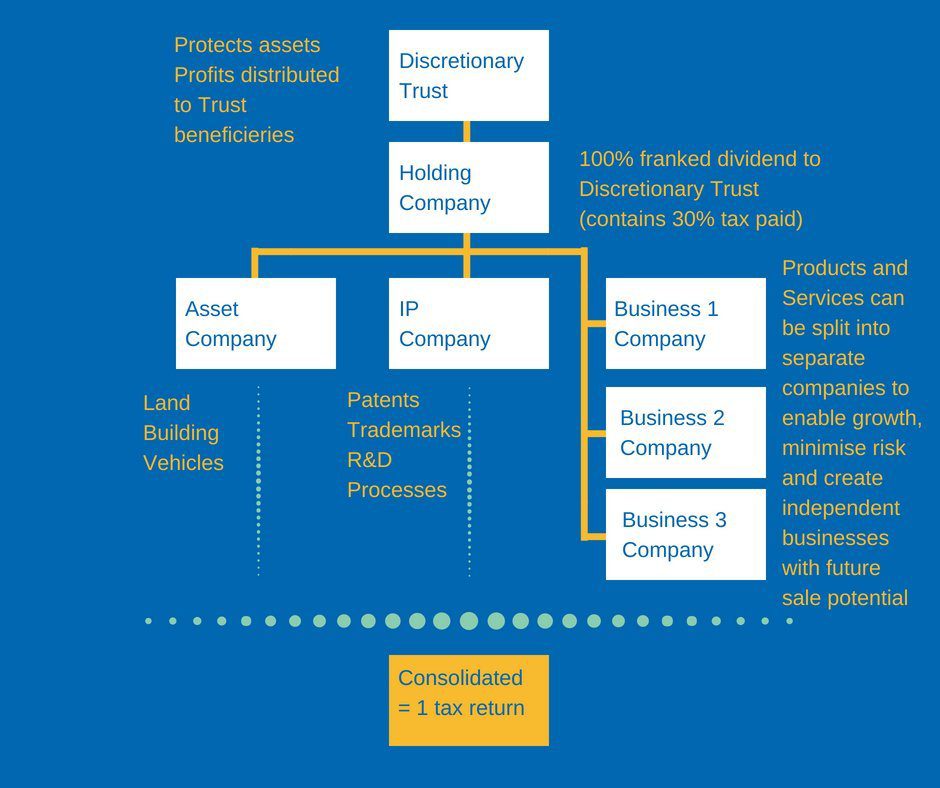Gerry Cawson
Director, Head of M&A (Private) | Kain Lawyers
Gerry has spent over 30 years’ working as a mergers and acquisitions expert at top tier law firms in key financial markets such as London, Hong Kong and Sydney.
He has a reputation for being a ‘trusted adviser’ to growing companies that are pursuing mergers and acquisitions, capital raising or capital structuring transactions. He has been consistently recognised by his peers as one of the best Commercial, Private Equity and M&A Lawyers in South Australia, being named in the Best Lawyers publication as ‘Lawyer of the Year’ in SA on numerous occasions and recommended by Doyle’s Guide to the Australian Legal Profession as a ‘preeminent’ Mergers and Acquisitions lawyer in South Australia.
Gerry’s experience includes leading the legal teams advising:
- Harley-Davidson on its acquisition of the Castalloy business which was its sole global supplier of motorcycle wheels;
- Silk Laser Clinics on all of its corporate activity from its first capital raise through to its $180m sale by scheme of arrangement to Wesfarmers subsidiary Australian Pharmaceutical Industries;
- Adore Beauty on its investment by Quadrant private equity and its management team on Adore Beauty’s IPO;
- Engage Marine’s recapitalisation by PGIM;
- Aurizn Defence on its capital injection by Pemba Capital Partners and subsequent bolt on acquisition of Pacific Aerospace Consulting; and
- Best Doors & Reliance Doors on its business sale to Swiss listed company Dormakaba.
Gerry has strong leadership, governance and relationship management skills and a proven track record of growing and leading profitable teams. He currently leads the Private Markets team at Kain Lawyers, which is one of the top 5 most active M&A advisory teams in the nation and was awarded Transaction Team of the Year at the 2024 Australian Law Awards.
Gerry is an experienced board director and is frequently called upon to provide expert commentary around M&A trends in the mid-market.


































